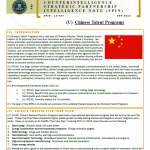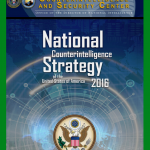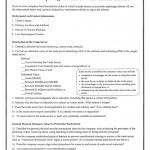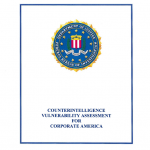
Chinese Talent Programs are a vital part of Chinese industry. Talent programs recruit experts to fill technical jobs that drive innovation and growth in China’s economy. National, provincial, and municipal talent recruitment programs provide opportunities for experts to work in industry and academic organizations supporting key areas deemed critical to China’s development. The talent programs recruit experts globally from businesses, industry, and universities with multiple incentives to work in China. Associating with these talent programs is legal and breaks no laws; however, individuals who agree to the Chinese terms must understand what is and is not legal under US law when sharing information. A simple download of intellectual property (IP) or proprietary information has the potential to become criminal activity.



